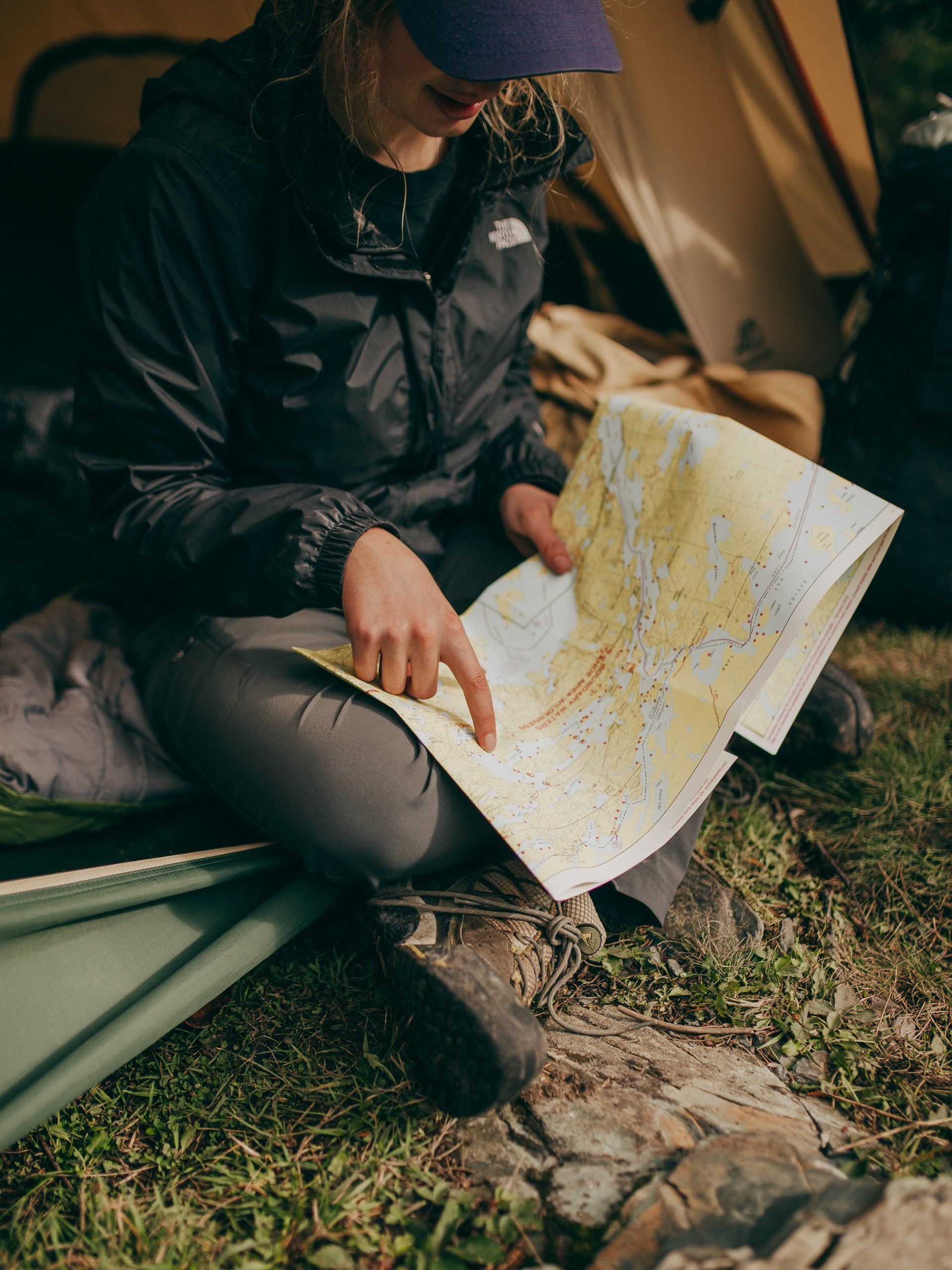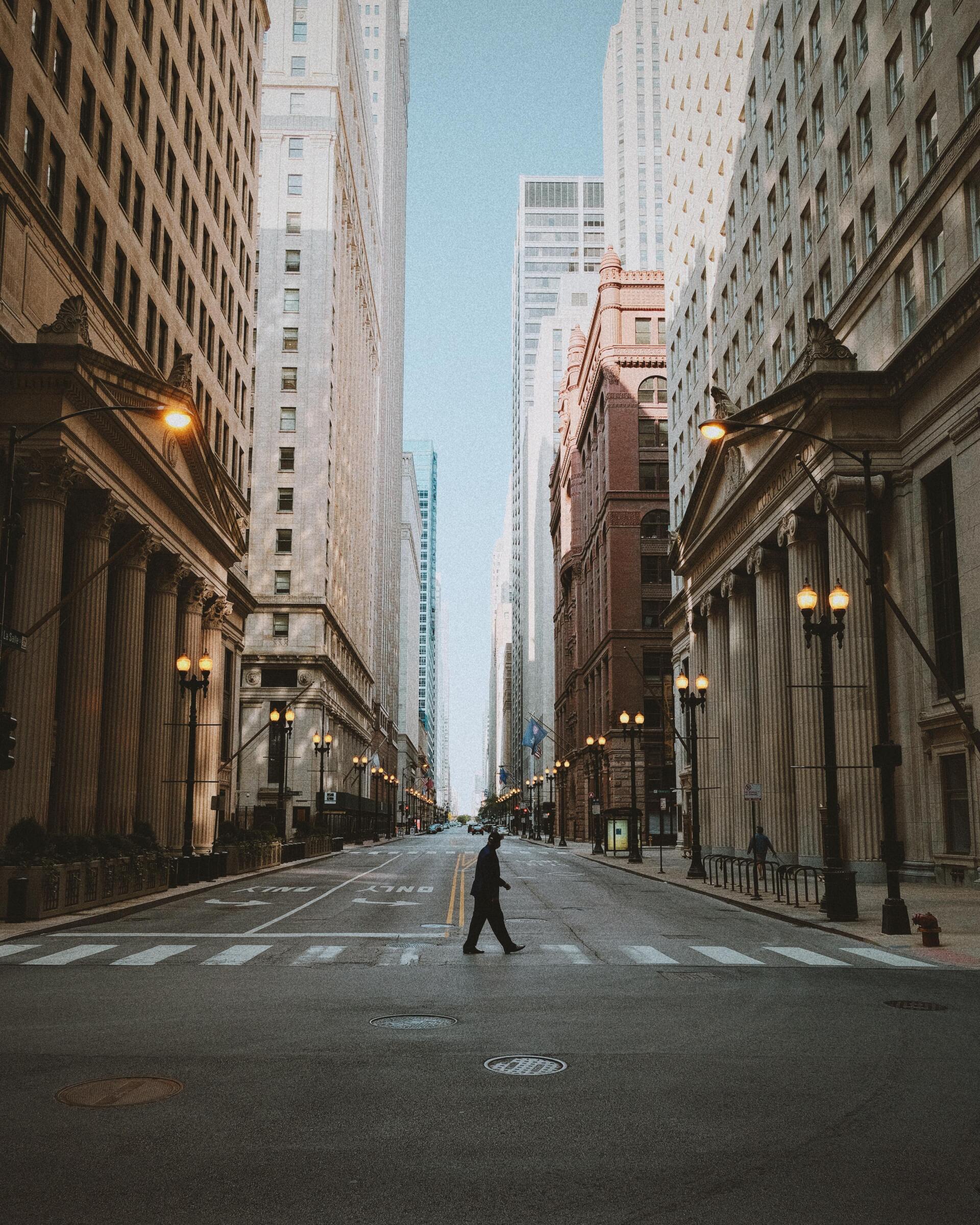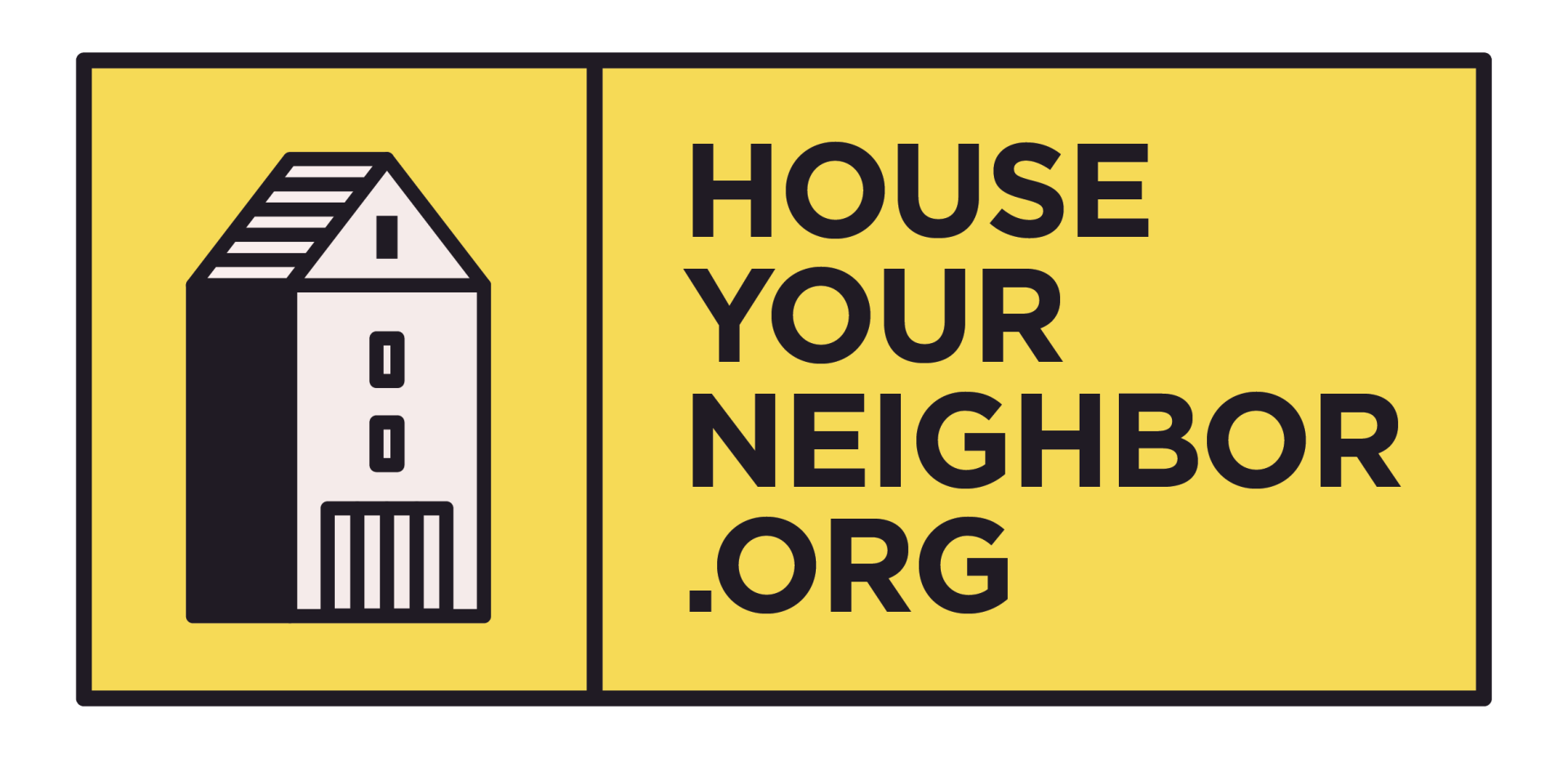Blog
Blog

By Alyssa Stadtlander
•
December 7, 2022
In our culture, we are particularly wary of strangers. From a young age, we are told to not talk to strangers, to avoid people who might not want to be bothered, to mind our own business. These aren't necessarily bad things–often they are extremely useful in keeping us safe. However, we’ve gotten really good at keeping the wrong people out, but now we can’t seem to find the latch to open that gate back up. We are stuck in this pattern of closing our doors to anyone that might potentially be harmful or even uncomfortable to us, and forgetting that we can walk out of our doors and through other people's. Hospitality just doesn't belong in our cultural narrative anymore. We no longer see strangers as people to welcome in. Rather, we see them as a threat, to our safety, to our well-being, to our comfort, to our routine, to our convenience. And we've been very busy telling stories that perpetuate this narrative. Narrative and storytelling are so important to being a human because language–the building blocks of story– creates culture. It is what defines the way we live and the patterns of our behavior. Simply put, stories are important because we believe them, and we are empowered to act in a certain way based on the stories we are surrounded with. We can use stories for extreme good; for example, a person is empowered to forgive their father because they watched a film in which a son forgives his father, and restores the relationship. We can also use stories for extreme harm; for example, the systematic oppression and dehumanization of people of color in films that portray them as servants, slaves, sidekicks, and villans, rather than as the leading characters we are taught to look up to. This is why representation is so important, because stories allow us to imagine the way our relationships, choices, patterns, and future could potentially look. And we don't see this only in formal stories (books, movies, etc.) but through social media and our other news sources as well. This causes us to ask: what stories does our current culture tell us about strangers? Consider our obsession with true crime, often about vulnerable people who are attacked and killed. Or TV shows such as "The Watcher," about a man who writes chilling notes threatening to break in and murder the family that has just moved into a new house. In a more benign sense, we see tales of neighbors who spy and meddle, peeking into other people's private business. Less terrifying, but just as unsettling. How does this affect our behavior? It's not that these kinds of stories are fake, because unfortunately, "stranger danger" is a present reality. But what would it take for us to seek out stories of redemption rather than terror, stories where relationships were created because of radical hospitality? What would it look like for us to change the narrative, to start telling good stories in our own small spheres of influence that demonstrate love bleeding into relationships, infusing our interactions with kindness rather than hostility? We spend every day trying to stay comfortable, to maintain the status quo, to minimize risk. But is this connecting our story with others, or isolating us from those who have need by a wall of rejection motivated by fear? What does it actually look like to be a neighbor? Is it choosing to not get our hands dirty? Or is it responding not with angst, but with eyes willing to see? To respond with compassion and a movable heart? To take action, to make room, to lean in instead of running away? To welcome in rather than push out? To love? We are being asked now,both explicitly and implicitly, who is our neighbor? And when we see our neighbors who need love, which narrative will we believe about them? The narrative blasted to us by our society and our politics? Or the subversive, counter-cultural, quiet narrative that changes the world? Through our stories and our language, we can soften our borders, changing the narrative from a frightened apprehension to a radical love.

By Alyssa Stadtlander
•
December 7, 2022
In the West, we love a good plan. The question, "where do you see yourself in five years?" permeates interviews and meetings as we get to know new friends and coworkers. We are obsessed with keeping busy through planning out each minute during the week for ultimate productivity, and we make plans for the weekend to maximize pleasure. We map out our story to know how best to prepare for whatever challenges might lay ahead. So what happens when plans are disrupted? What happens when maps are torn from our grasp and we are left to figure things out on our own? Do we remember what that feels like? In the Ancient Near East, travel was treacherous. Bandits lay in wait for unsuspecting travelers, there were no maps or even actual roads to follow, and those on the journey were completely reliant on the hospitality and generosity of strangers to provide them with water, food, and housing. The travelers were completely at the mercy of the stranger's willingness to care for them. The people were intended to soften their borders and welcome the traveler in, learning how to take care of each other just as they had been taken care of and provided for throughout their long seasons of wandering. Fifty centuries later, though our context has shifted, the role of hospitality in the world has not, and neither has the needs of the traveler. Those without homes remain completely at the mercy of those who are willing (or unwilling) to take care of them, to provide them with food, water, and a place to rest, grow, and thrive. However, in our culture of individualism, we pledge our allegiance to independence, rather than generosity. We value individual effort and initiative above all and expect others, even those who are in desperate need of embodied aid, to simply listen to our chiding and follow, without help, the same path that we did. Our personal maps are not universal, with different terrains, starting points, previous experiences, landscapes, cultures and values. It is for this reason, perhaps, that these maps (and the accompanying suggestions) are not actually as helpful as we assume. We live our lives with so many maps: digital maps on our phones, maps of our day, our week, and our life. Our freedom to move about these landscapes the way that we want to is held as our chief good. But this bears questions: is it possible that these maps hinder our hospitality? What, practically, has to shift inside of us to live in a world without maps? How do we need to be formed to change our life to make room for others? What happens to those for whom their own map has become irrelevant? When do we need to set down our own expectations and step into the story of another? And, what would it look like for us to be moved by compassion rather than fear? Generosity soft edges and open doors–can this be said of our own hearts towards those in need? There is a force in the world seeking to make things right, and we are being invited into this same work of justice as brokenness is made whole again. We must become people who instinctively say yes when there is need. There are 1000+ people in our city whose maps have been demolished, who have no idea what their own future holds, who have found themselves in an environment in deep need for a safe place. House Your Neighbor wants to equip you for this work, because you have something that someone else needs that will change their life. From offering a rental property you own, building an accessory dwelling unit (ADU) on your property, and cosigning and leveraging your credit for a family in need, to donations, advocacy, or even simply cultivating a relationship with someone that needs a friend, House Your Neighbor wants to guide you through this work, whether that be in your church, your workplace, your neighborhood, or your family. Because the fact is, we all know what it feels like to have our plans disrupted, that anxious fear that takes over our body as we frantically grip the semblance of control we still have left. In those moments, all we want is for someone to notice, to welcome our messy life without expectation or shame, to enter into it with us and offer a listening heart and helping hand. Whether we recognize it or not, people have done this for us, and we have the opportunity to do that same thing for people who need it. Will we act on it? Visit houseyourneighbor.org/takeaction to get involved. We can't wait to meet you.

By Robert Frazier
•
November 15, 2022
Imagine a city infused with hospitality. Where barriers are broken down. Where kindness is outstretched like a gift. Where the line between "us" and "them" is erased. Where generosity is commonplace. Where we are motivated by love, rather than fear. Where the economy is founded on abundance, rather than scarcity. You are invited, right now, to join in the work of making this vision a reality. We all know that the Treasure Valley is facing a housing crisis like never before, and it's impacting the wellbeing and the fabric of our community. There are 1,290 refugees coming to Idaho this year, 500+ Afghan and Ukranian individuals alone. At any given point, there are 100+ people living in hotels as they wait for a permanent place to live. That's not to mention the amount of long-time residents experiencing homelessness in our city. While the average rental price is $1,679 a month, the average income new arrivals earn per month is $1,271. After twelve months, government assistance is terminated, resulting in families who can no longer afford their homes. There's a growing disparity between the amount of men, women, and children who need homes, and the amount of homes there are actually available. We don't have to convince you this is a problem. We know it feels like a lot to take in–we see the problem every day, on the news, on our social media, on the street corner by the grocery store, leaving us disengaged and disheartened, asking "what could I possibly do that would make any kind of difference?" But take heart, because there is good news, too. You. You have something that someone else needs that will transform their life. Did you know that you can take action that will have a lasting impact on your community, on long-time residents and new arrivals alike? We know this work feels arduous and out of reach, so that's where House Your Neighbor comes in. House Your Neighbor is crafting creative solutions to help you participate in creating a community where no one is left without a home, a community where everyone is empowered to come alongside their neighbors who need a hand. We are specifically working to develop housing opportunities that support our community members from refugee backgrounds, and those in need of low-cost housing in the Treasure Valley. This is where you come in: from offering a rental property you own or building an accessory dwelling unit (ADU) on your property, to donations, advocacy, or even simply cultivating a relationship with a new family that needs a friend. House Your Neighbor wants to guide you as you seek to affect change in your own circle of influence, whether that be in your church, your workplace, your neighborhood, or your family, as you allow your own story to intertwine with the stories of those around you. This is the way of reconciliation. You don't have to wait any longer to do something. Consider this invitation your permission to take action and join in the good news coming to life in your city. Visit houseyourneighbor.org/takeaction to get involved, and we will get you connected today! We can't wait to join you.

